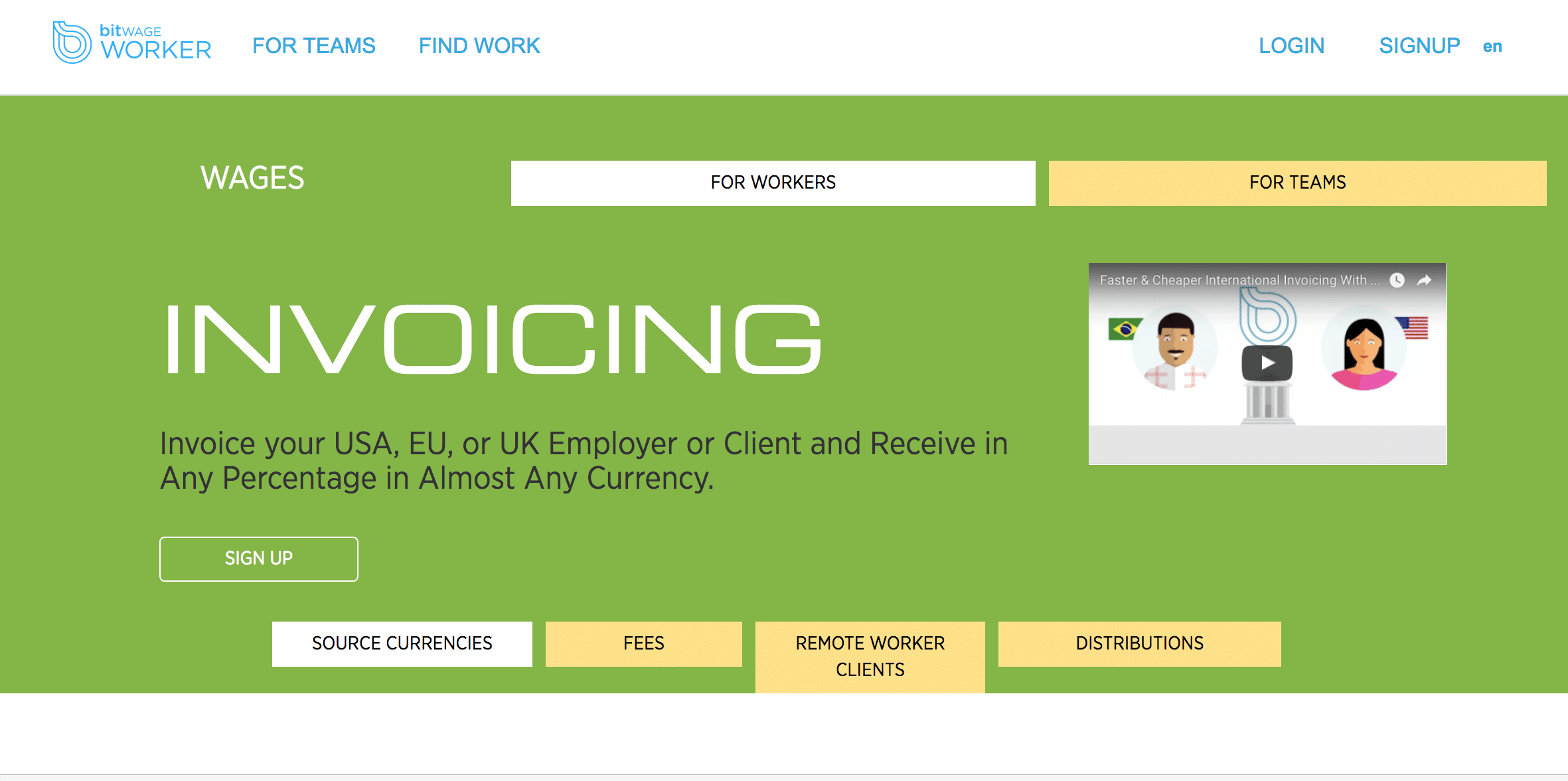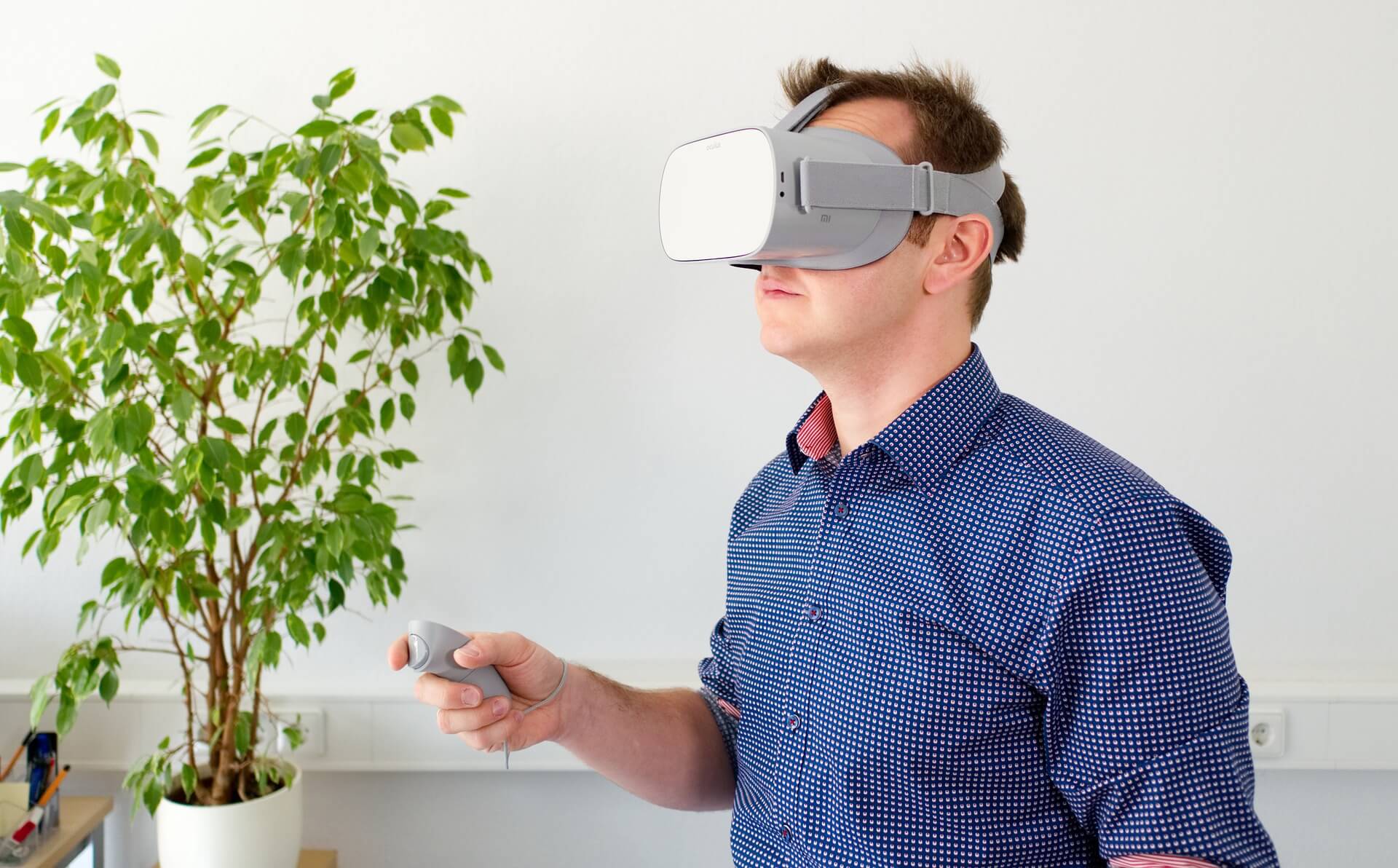One of the most significant expenses for every business is the hiring of new people. Depending on the industry, sometimes the HR expenses (salary and employee benefits costs) can go up to 80% and even more. The functions of HR and Payroll exist to do exactly that – manage all processes which are related to employees, which further creates new expenses. As a new technology, Blockchain offers many opportunities which can be used in almost every sphere of all businesses, including HR.
How can Blockchain help enterprises be more efficient when it comes to managing the workforce?
Blockchain and the Hiring Process
Let’s start with the hiring process. The hiring process is a tedious journey. Firstly, we have a bunch of job marketplaces, where job applicants choose where to apply and they do not even have an idea where their resume will end.
This is the first and easy part, then comes the lengthy process of researching through the bunch of resumes to find the proper fit for the advertised position. The process includes: checking of the experience, skills, and qualifications, as well as obtaining documents showing that the candidate can actually work. This is the part with the documentation, then it comes the part of external assessments which include checking of all references and qualifications, skills and much more.
Doing all these things require time and resources from the side of the company doing the employment, as well as time from the candidate. Sometimes the employment goes through recruitment companies which act as middlemen. To skip these unnecessary steps, the peer-to-peer connectivity of Blockchain can provide a great help by bringing the candidates directly to the hiring companies.
Creating a Digital Identity for Job Applicants
Blockchain offers the possibility of creating a digital identity for the job applicants which includes all details about the qualifications and all certifications of the job applicant. This digital identity can serve like a blockchain profile which employers can fill with info about the employee history and references as the employee moves through the career. Moreover, the profile can include even info about the projects that the employee has been involved to and even job performance assessments.
We should have in mind here that keeping those details in a digital identity form require consent by the candidate, which if given will ease the process of the lengthy checks that employers are doing today, since only a push of a button will be needed to perform the action of authentication. This doesn’t mean that the process of face-to-face interview is long gone. On the contrary, they will still be part of the hiring process, only the employer and the candidate will be focused more on the cultural fit rather than the need to authenticate the skills and the qualifications of the candidate.
Blockchain and Salaries
The payroll process is also a lengthy and a complicated process. It requires checking the clocking systems for the logged hours, entering the payment date, verifying the same, and at the end having a third person to authorize the transfer of the funds via the bank.
The payroll process can be automated with Blockchain and the smart contracts. When it comes to the clocking systems, they could trigger a smart contract for payment. Also the payment can be kept in an escrow until the payday trigger date is reached.
Additionally, Blockchain can enable real-time direct payments in cryptocurrencies, meaning that the employer can pay the employees without having to use a bank – but we are talking about the future here.
Over the Border Payments and Expenses
When it comes to making global payments, companies face a lot of difficulties. And nowadays most of the companies have employees which are working from different countries and when they have to pay them, the entire process depends on third parties who, of course charge fees for every payment made.
Blokchain can be used here as well, because it provides a better and simpler solution – allowing employee payments in Bitcoin. Bitwage, which started in 2014, offers exactly that – reducing payroll costs and allowing payments in Bitcoin. Besides Bitwage, Aworker exists as well which has the same tendency as Bitwage.

Combining Converging Technologies with Blockchain in HR
Artificial Intelligence and Virtual Reality can be combined with Blockchain, and when that is done it can really make the process of employment much more efficient and easier.
Blockchain and AI in HR
During the course of a year, the employees frequently contact the HR office for questions such as legal rights, vacation, sick days etc. Some companies employ “employee customer services” to reduce the costs. Usually these “employee customer services” are outsourced and the problem of language difficulties, and different legal systems exist.
DeepBrain Chain are proposing a solution to this problem by using Blockchain as a catalyst for the adoption of Artificial Intelligence. What does this mean? The process of answering employee questions by the HR department will be replaced with AI chatbots. The advantages of doing this will be multiple, such as reducing costs and increasing efficiency in the HR department.
Blockchain and VR in HR

When employees enter a new company, there are some basic trainings which they should take and which are required by the law, such as health and safety training. Virtual Reality enables doing the training in a safe environment that simulates real-life conditions, and on the other side Blockchain can provide a record of training, showing that the company complies with the state laws. So, again Blockchain combined with VR can reduce the time of the employees who are supposed to do the training – save time, save money and improve the training.
Conclusion
Some cases of the above mentioned aren’t a reality yet, but it seems that they will be soon. Using Blockchain in HR can really help the companies increase their efficiency, and when combined with the other technologies such as AI and VR, the job of handling the workforce will be even easier.
Is there a better way to reduce the bureaucracy which pervades the everyday work of every company than using the emerging technologies?
This article by Sarah Rothrie was originally published at CoinCentral.com:
https://coincentral.com/blockchain-in-hr/

